The emergence of nymph ticks this spring, has folks asking, “Are ticks getting smaller?”
Ahhhh, springtime! There is so much to love about spring in Central Mass. In a typical year, this would be the time that families gather for graduation parties in their backyards. Evening get-togethers and grilling season would be in full force. Neighborhood invitations would be going out weekly for backyard parties. Even though we are not mixing and mingling at neighborhood parties just yet, you might still have noticed tick season is upon us just by spending time in your own backyard. If you are a hiker, perhaps you have encountered Central Mass ticks during your nature treks. Have you noticed these super-tiny blood suckers? What’s the deal with these small ticks?
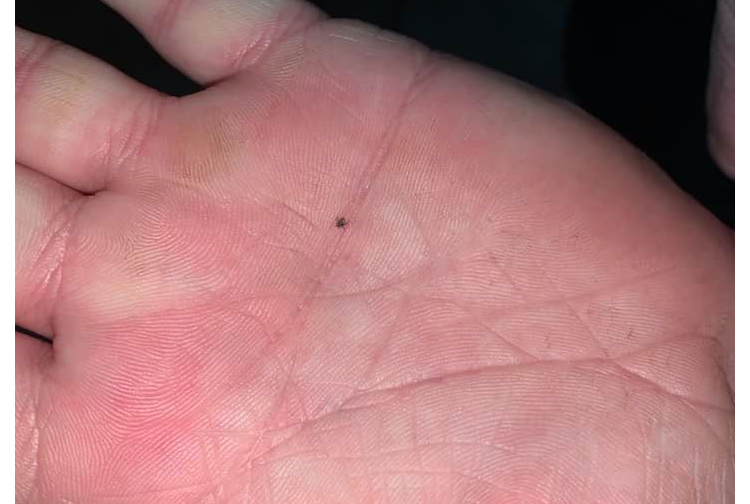
Ticks are not getting smaller.
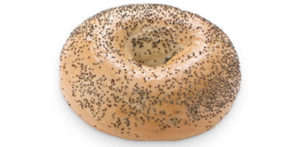 The small ticks you are seeing are nymph ticks. Nymph ticks are in their third stage of life (egg, larva, nymph, adult), and they are tiny. If you have only encountered adult ticks, a nymph tick might fool you into thinking it’s no tick at all. You might have even wondered if it’s a flea. Nymph ticks are not only small, they can be very dangerous. Measuring about 2mm (poppy seed-sized), they are difficult to spot. A flea measures 1.5 to 3.3mm.
The small ticks you are seeing are nymph ticks. Nymph ticks are in their third stage of life (egg, larva, nymph, adult), and they are tiny. If you have only encountered adult ticks, a nymph tick might fool you into thinking it’s no tick at all. You might have even wondered if it’s a flea. Nymph ticks are not only small, they can be very dangerous. Measuring about 2mm (poppy seed-sized), they are difficult to spot. A flea measures 1.5 to 3.3mm.
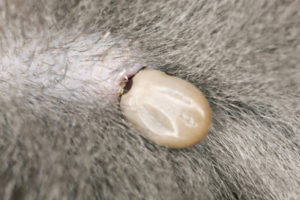 Because nymph ticks are difficult to see, they can slip by us until they have already attached themselves to take a blood meal, and become engorged. Due to the fact that tick populations are on the rise, you might just now be noticing these tiny ticks – because there are so many. Another reason you might just now be noticing these small ticks is because you are spending more time outdoors for recreation, because so many recreational and dining establishments are either closed, or not open in a full capacity.
Because nymph ticks are difficult to see, they can slip by us until they have already attached themselves to take a blood meal, and become engorged. Due to the fact that tick populations are on the rise, you might just now be noticing these tiny ticks – because there are so many. Another reason you might just now be noticing these small ticks is because you are spending more time outdoors for recreation, because so many recreational and dining establishments are either closed, or not open in a full capacity.
What you most need to know about nymph ticks, is that they are the biggest carrier of Lyme disease. Most nymphs have taken their last blood meal from a woodland animal – perhaps a squirrel or more commonly, the white-footed mouse. Because these animals are often carriers of the bacteria that cause Lyme, this makes nymph ticks extremely dangerous.
Protect your yard with Central Mass tick control.
If you are seeing ticks on your kids or your pets in Central Mass, now is the time to tackle your tick problem. Tiny nymph ticks are rampant, looking for their next victim. Don’t let it be you, your kids, or your pets. Entrust all the areas around your home to a professional tick control company. Central Mass tick control professionals offer EPA-registered tick control solutions. They will apply a barrier tick spray around your yard to eliminate ticks on contact, and the spray will continue working for a couple of weeks with a micro-encapsulated, time-released formula. Reputable tick control professionals also offer all-natural solutions, which act as tick repellents, rather than eliminators. Though effective in keeping up to 85% of ticks away, the must be sprayed more often than an EPA-registered insecticide. Whichever works for you, now is the time to protect your yard.
Also read: When should I stop treating my yard for ticks?
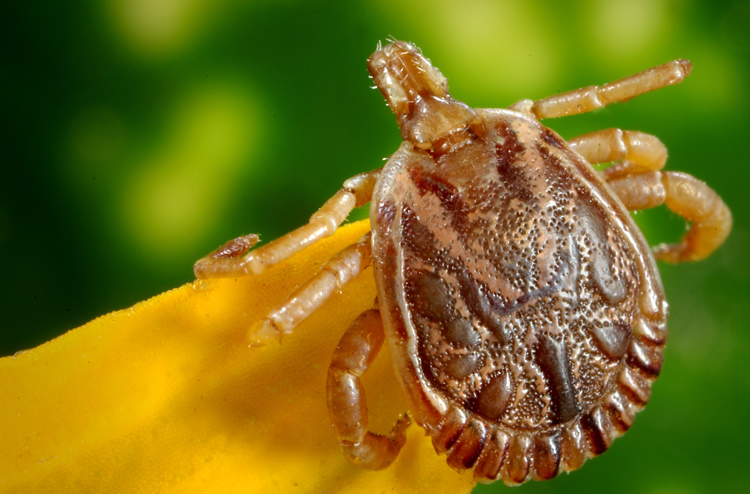
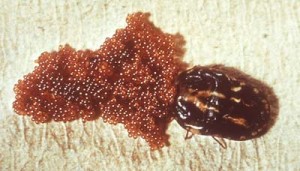
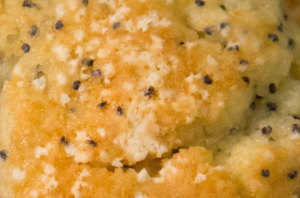
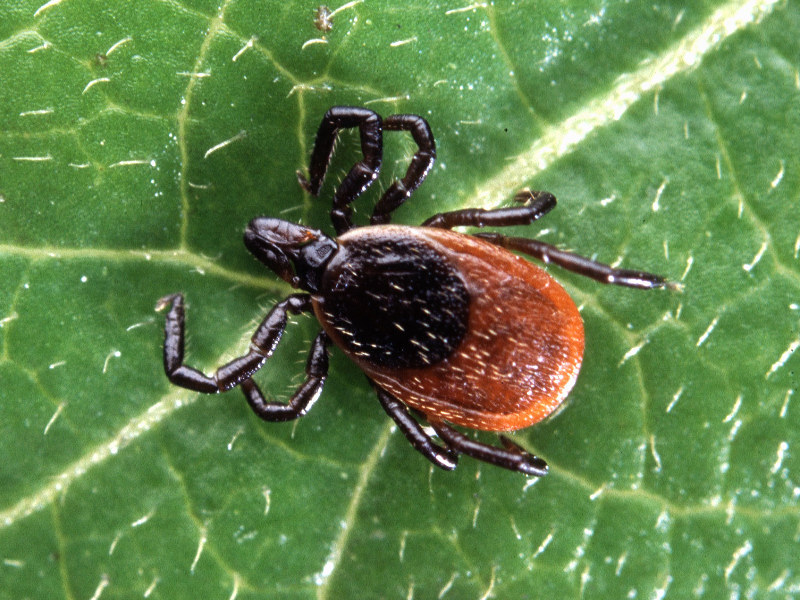
 Beginning with the same process as a
Beginning with the same process as a  If you do your research online, you’ll find that other outdoor pest control companies stop at a spray when it comes to ticks. Reputable tick control companies take it a step further and use the help of the common field mouse, who is a cute, innocent, and very stealthy “helper” in the fight against ticks. Contrary to their name, “deer ticks” actually pick up things like Lyme disease not from deer, but most often from mice, bunnies, and other small critters who call your and your neighbors’ yards home. This usually happens when ticks are in their larva or nymph stage of life. So tick control technicians will strategically place these small, biodegradable tubes called “
If you do your research online, you’ll find that other outdoor pest control companies stop at a spray when it comes to ticks. Reputable tick control companies take it a step further and use the help of the common field mouse, who is a cute, innocent, and very stealthy “helper” in the fight against ticks. Contrary to their name, “deer ticks” actually pick up things like Lyme disease not from deer, but most often from mice, bunnies, and other small critters who call your and your neighbors’ yards home. This usually happens when ticks are in their larva or nymph stage of life. So tick control technicians will strategically place these small, biodegradable tubes called “ Tick control professionals also offer an all-natural solution. While all reputable tick control companies’ products are EPA-registered, there are some people that won’t settle for anything less than 100% “green.” That’s why Marlborough MA tick control professionals also offer an
Tick control professionals also offer an all-natural solution. While all reputable tick control companies’ products are EPA-registered, there are some people that won’t settle for anything less than 100% “green.” That’s why Marlborough MA tick control professionals also offer an 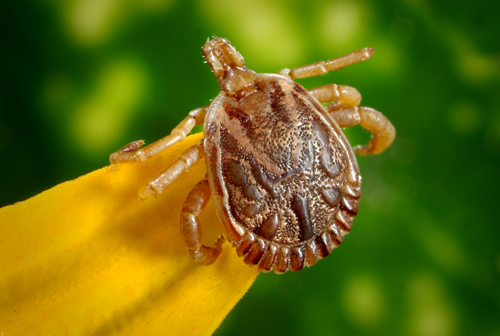
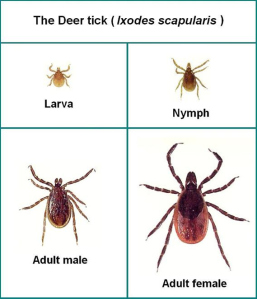 What do ticks look like?
What do ticks look like? How big are
How big are 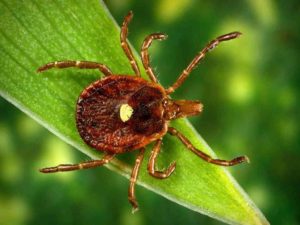 Ticks do not have wings. They do not fly or jump. Ticks quest by attaching themselves to plants or limbs. They hold on to leaves and grass with two sets of their legs, and outstretch their other legs awaiting a host to pass. If you are wondering how ticks cover so much territory, it is because they are transported by their hosts – animals and humans. The sheer number of ticks in Central Mass might make it seem like they are fast travelers. This is untrue without a host. Ticks are just – everywhere!
Ticks do not have wings. They do not fly or jump. Ticks quest by attaching themselves to plants or limbs. They hold on to leaves and grass with two sets of their legs, and outstretch their other legs awaiting a host to pass. If you are wondering how ticks cover so much territory, it is because they are transported by their hosts – animals and humans. The sheer number of ticks in Central Mass might make it seem like they are fast travelers. This is untrue without a host. Ticks are just – everywhere! No, they do not! Even in cold Central Mass winter temperatures, ticks are resourceful and will survive in nests of other animals or even underground. Ticks will lie dormant in winter, waiting for warm weather to return, so they can invade our favorite outdoor spaces.
No, they do not! Even in cold Central Mass winter temperatures, ticks are resourceful and will survive in nests of other animals or even underground. Ticks will lie dormant in winter, waiting for warm weather to return, so they can invade our favorite outdoor spaces. Can a tick bite kill you?
Can a tick bite kill you?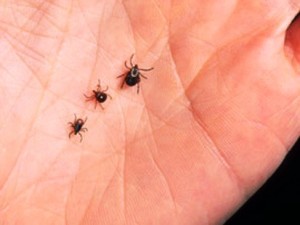

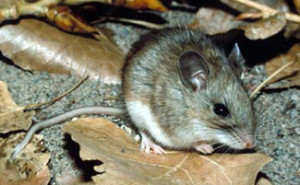
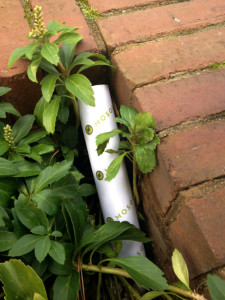
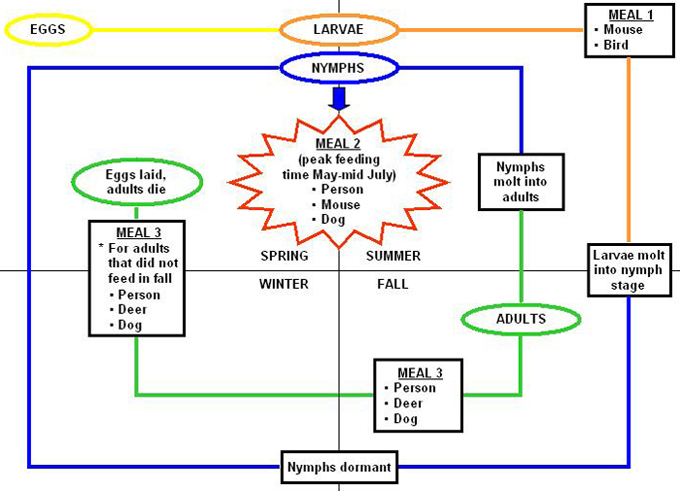
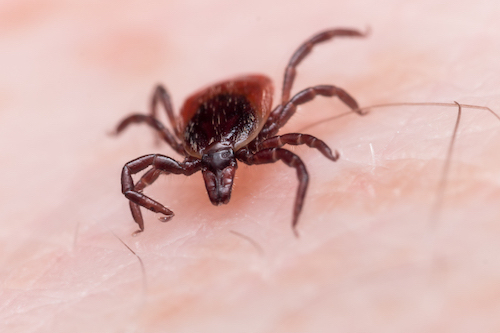
 Where would repair people, mechanics and homeowners be without this 11th Wonder of the Fix-it World? Well, there’s yet another use for it when it comes to ticks. Before ticks become attached to your skin or your dog’s skin, tear off a piece of duct tape and “stick it to them”. Blotting up any ticks on the skin removes the tick and prevents them from becoming lost before you can throw them out. Use a big enough piece of tape to fold it over the tick after removing it and seal them inside. When you’re done, throw the tape in the trash. How easy is that?
Where would repair people, mechanics and homeowners be without this 11th Wonder of the Fix-it World? Well, there’s yet another use for it when it comes to ticks. Before ticks become attached to your skin or your dog’s skin, tear off a piece of duct tape and “stick it to them”. Blotting up any ticks on the skin removes the tick and prevents them from becoming lost before you can throw them out. Use a big enough piece of tape to fold it over the tick after removing it and seal them inside. When you’re done, throw the tape in the trash. How easy is that? It’s OK; this one isn’t as bad as it sounds. Since you have some privacy and your pants and lower garments are off it’s easy to spot any ticks on your skin. Ticks like to hang out for a free meal in grassy and brushy areas. They climb to a height anywhere from our ankles to knees. They dry out quickly in the heat and sun so they try to find shade ASAP. When they find you, that shade is under your clothes and not outside the fabric. Once they get near your skin, they begin looking for places where the skin is thin and where the biggest blood supply can be found. That is usually in the creases and folds of our skin, such as your waist and groin area.
It’s OK; this one isn’t as bad as it sounds. Since you have some privacy and your pants and lower garments are off it’s easy to spot any ticks on your skin. Ticks like to hang out for a free meal in grassy and brushy areas. They climb to a height anywhere from our ankles to knees. They dry out quickly in the heat and sun so they try to find shade ASAP. When they find you, that shade is under your clothes and not outside the fabric. Once they get near your skin, they begin looking for places where the skin is thin and where the biggest blood supply can be found. That is usually in the creases and folds of our skin, such as your waist and groin area.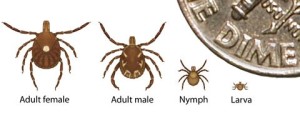
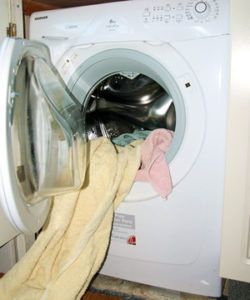 Hard ticks and soft ticks all need moisture, especially hard ticks like deer ticks. Other soft ticks take a bit longer to dry out. So tip #3 is to put the clothes you wore outside in the dryer as soon as you come indoors. Do this before washing them. Ten minutes on high heat will dry out hard ticks and 15+ minutes will dry out the softer ones. Washing won’t destroy ticks, no matter how hot the water. Remember, they need moisture and are active in warm months so warmth and water are their two best friends. Very dry and hot are their worst nightmare. Once your clothes are finished in the dryer, wash them knowing you won’t be releasing any ticks into your closets or clothes hamper.
Hard ticks and soft ticks all need moisture, especially hard ticks like deer ticks. Other soft ticks take a bit longer to dry out. So tip #3 is to put the clothes you wore outside in the dryer as soon as you come indoors. Do this before washing them. Ten minutes on high heat will dry out hard ticks and 15+ minutes will dry out the softer ones. Washing won’t destroy ticks, no matter how hot the water. Remember, they need moisture and are active in warm months so warmth and water are their two best friends. Very dry and hot are their worst nightmare. Once your clothes are finished in the dryer, wash them knowing you won’t be releasing any ticks into your closets or clothes hamper.